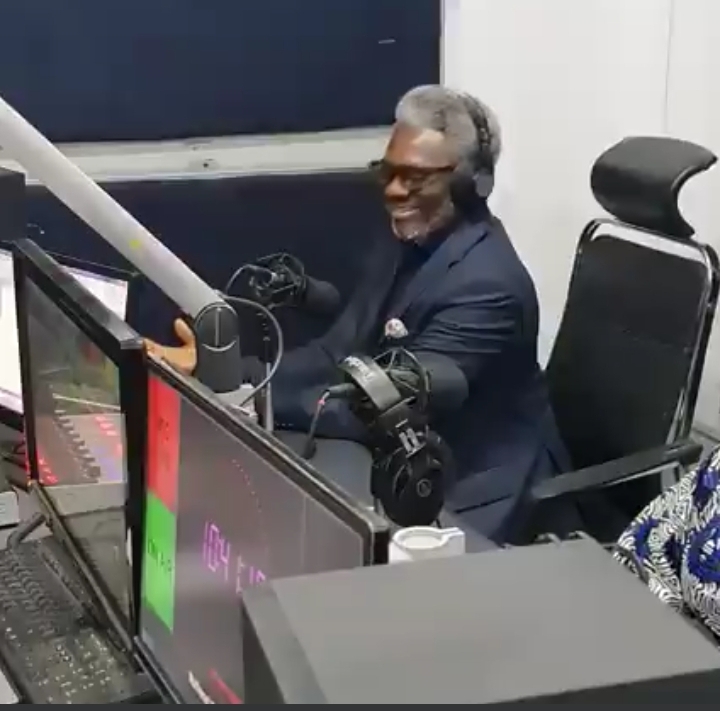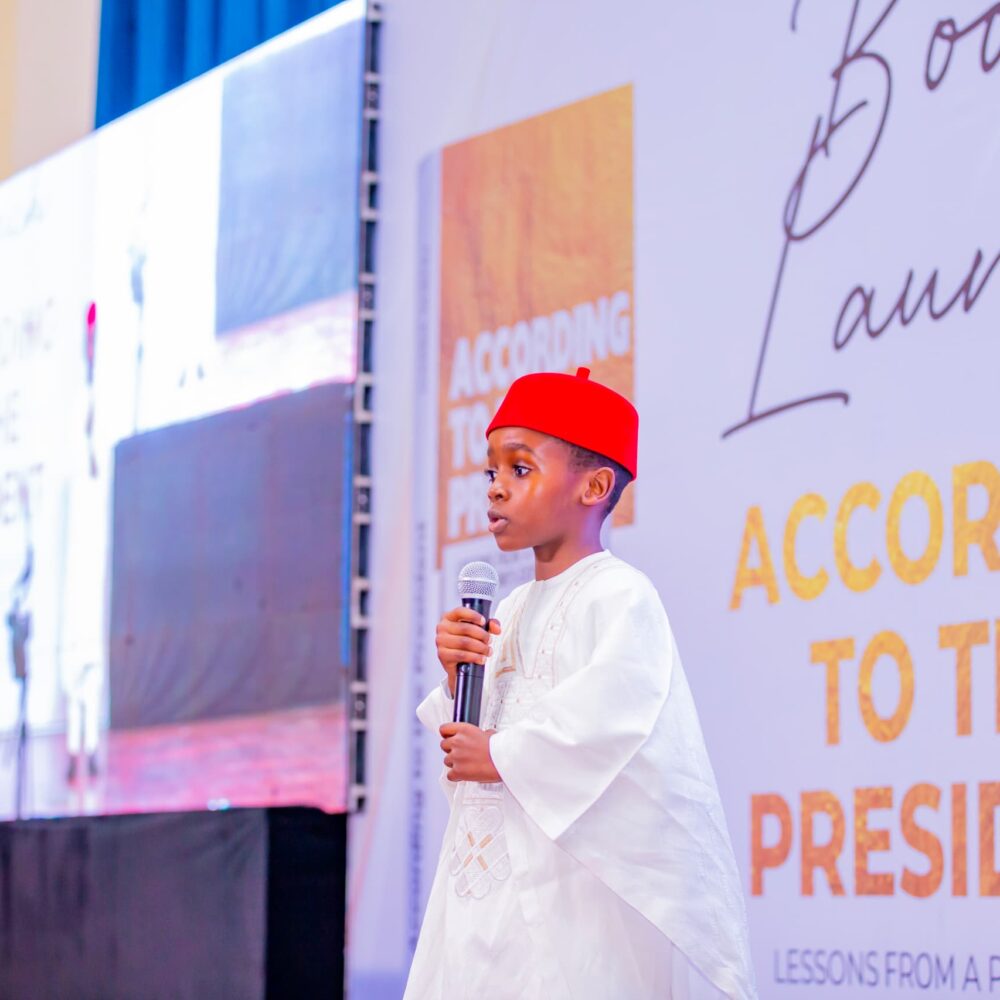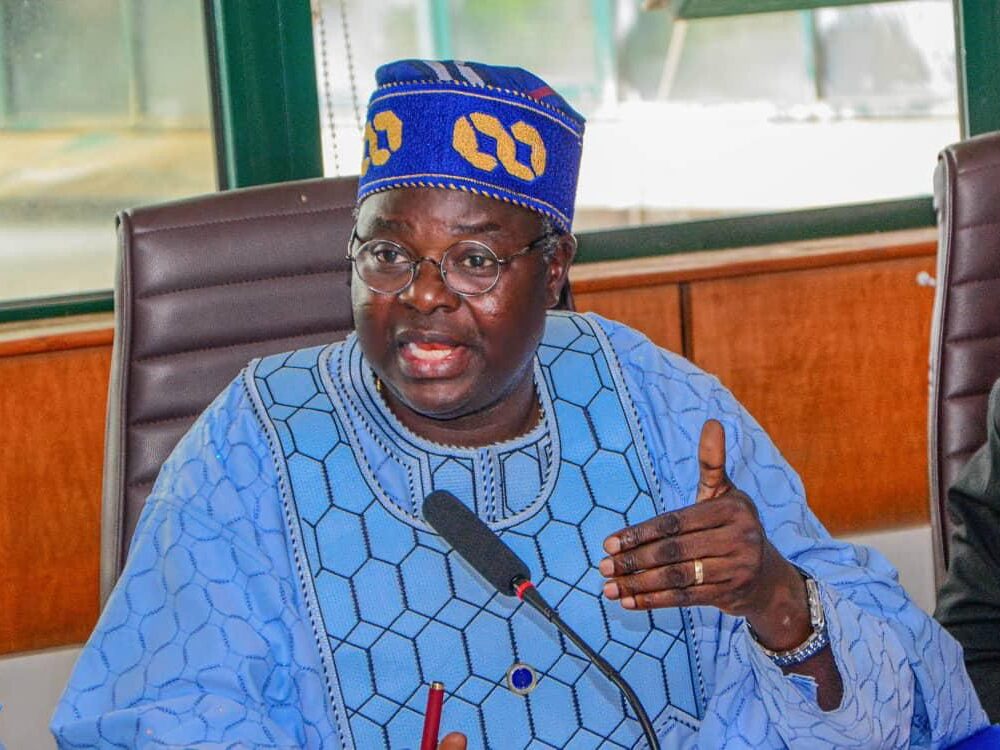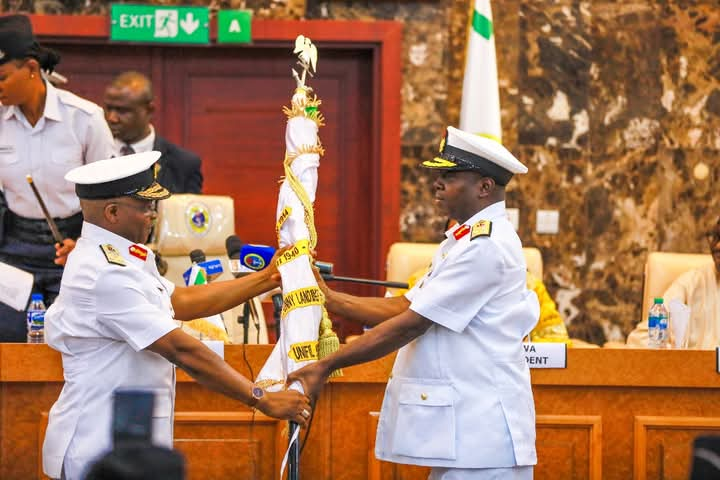Recently, I was on Traffic Radio in Abuja to discuss an aspect of NCC activities, that I superintend, the online media responsibilities, particularly the digital social mediation. The Traffic Radio is owned and operated by the Federal Road Safety Corps right at its headquarters in Abuja. On behalf of my employer, I engaged the anchor, Kefas Ande on the wisdom behind use of social media by NCC for corporate communication, and the beauty of leveraging social media for organisational effectiveness.
I have always been enthusiastic about radio, I consider radio the best mass communication medium, especially for developing societies like Nigeria. Interestingly, the digital culture has enhanced the promises and reach of radio. Hitherto, I had published two book chapters on community radio (“Conflict, Community Radio and Development of the Southern Minority Groups.” in Akin Akingbulu (ed.) (2006). BUILDING COMMUNITY RADIO IN NIGERIA: ISSUES AND CHALLENGES. Lagos: Institute for Media and Society. Pp 107-116; and “Understanding the Dynamics of the Legislature for an Effective Community Radio Advocacy in Nigeria.” in Umar Pate and Ifeoma Dunu (eds.) (2013) CONTEMPORARY ISSUES IN COMMUNITY RADIO DEVELOPMENT IN NIGERIA. Lagos: Institute for Media and Society. Pp 59-68.)
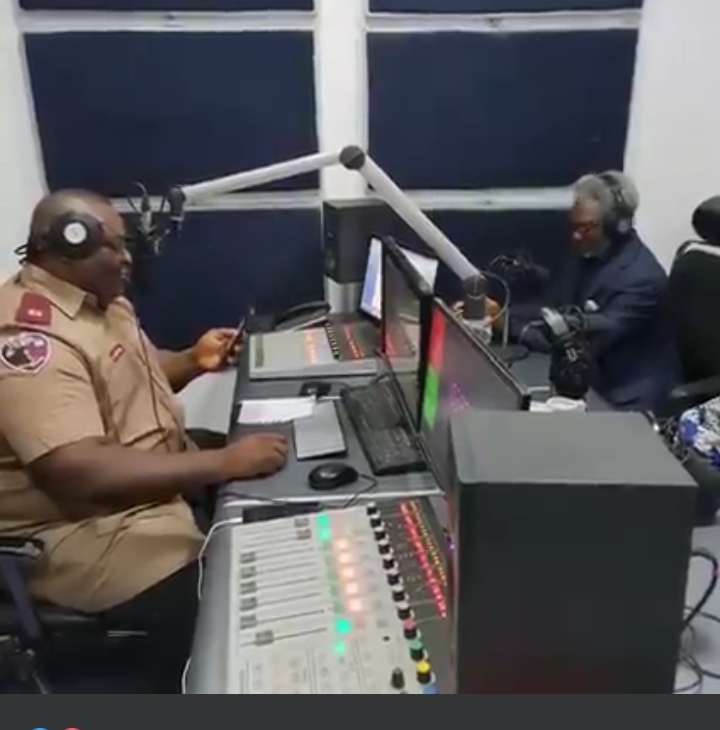
My passion for radio, particularly community radio, is based on its distinctiveness in terms of availability, accessibility and affordability. In other words, its effectiveness as a mass communication medium, its reach and convenience in terms of accessibility in a geographical sense, the medium’s economy in the context of cost of access (portability and dynamism of signal-receiving devices) as well as radio’s particularly defining matrix as a medium, essentially, of the audio sense, makes it a natural medium of choice for the social entrepreneur.
This explains why I enlisted, in 2004, as a member of the Nigeria Community Radio Coalition (NCRC). The Coalition was established years earlier as an advocacy agency for the democratisation of access to radio, and additionally to ensure the development of the community radio subsector in Nigeria, in line with the African Charter on Broadcasting, which prescribed three subsectors for radio broadcasting development in Africa. That is, the public, the private, and the community radio subsectors.
Hitherto, Nigeria had operated the public and the private radio that largely restricted access to radio by majority of the citizens, despite the centrality of information and communication for development. The African Charter on Broadcasting was adopted at the UNESCO Conference in Windhoek in 2001 and so the NCRC driven largely by Nigeria’s Institute for Media and Society, led by Dr. Akin Akingbulu, in collaboration with its partners, many of who operate in rural parts of Nigeria, continued to rally statekholders to achieve the objective of developing the community radio subsector.
By providence, in 2006, while I was the Special Assistant on Media to the Minister of Information and National Orientation (later Information and Communication), Frank Nweke Jr (as he then was), a committee, led by the late Prof. Alfred Opubor (first professor of mass communication in West Africa), was set up by the Honourable Minister to draft a policy for the development of community radio subsector of the broadcasting landscape, that had emerged in favour of government monopoly as well as public and private sector commercialisation and commodification of basic communication resources that are ironically needed for democracy to flourish. The committee handled the responsibilities with accuracy and precision, submitting a world-class policy.
The Obasanjo regime received the policy well, but coming at its twilight, the administration left the implementation to its successor. President Yar’Adua (may God rest his soul) couldn’t get to it before his demise. The NCRC and its partners (local and international) continued the advocacy, leveraging the policy already in existence to launch an enlightened, all-inclusive engagement with both state and non-state actors. Then history was made when President Jonathan, on the eve of his exit, in May 2015, authorised the National Broadcasting Commission to issue the first set of 17 community radio licenses to deserving applicants representing communities of interest and of geography.
From that moment, the reproach and contempt upon Nigeria as the most visible country in West Africa without a full-fledged community radio subsector, was lifted. It was at that moment that some of us in the NCRC, who had taken the extant campus radio stations as just a genotype of community radio became relieved that Nigeria was in substantial compliance with the African Charter on Broadcasting. It certainly made no sense to characterise campus radio stations as full-fledged community radio.
In totalising, considering that community radio’s central characteristic is its community ownership and management, and thriving on volunteerism, it holds a greater promise in our efforts to shrink spaces of unfreedoms, expand the frontiers of Nigeria’s democracy, and enhance sustainable development.
Dr.Ibietan is a Media Strategist,and Political Communication Scholar.


